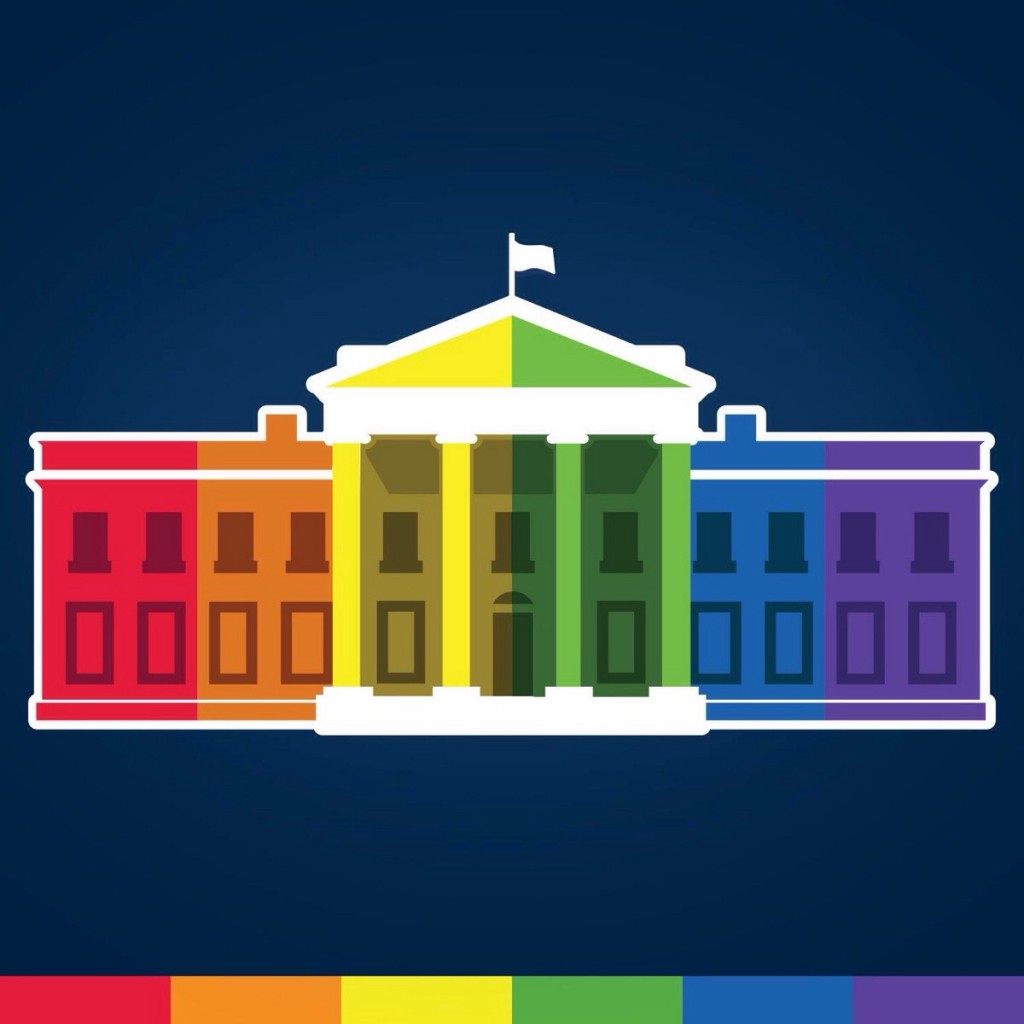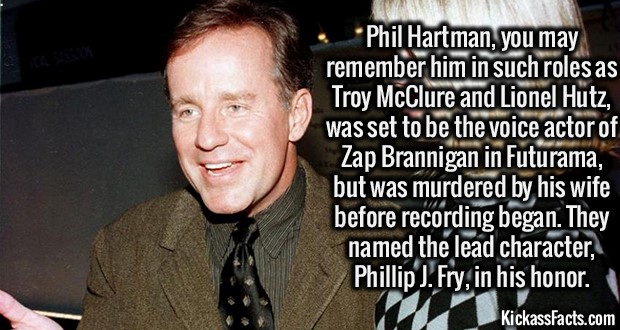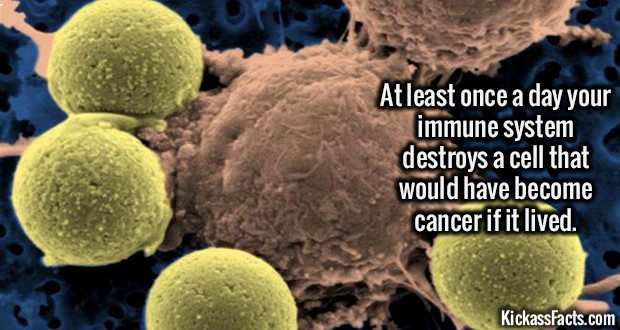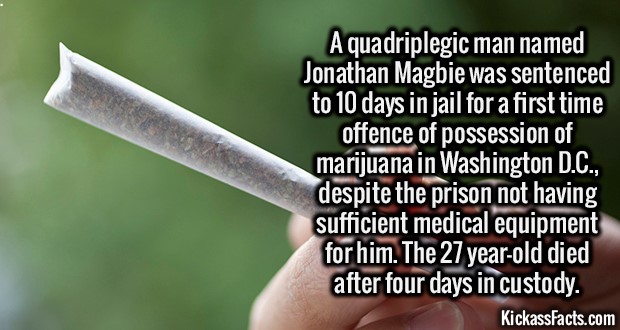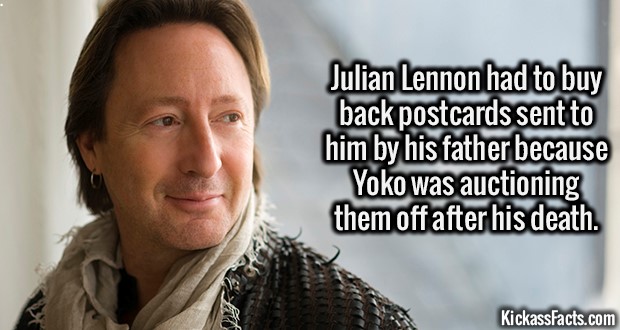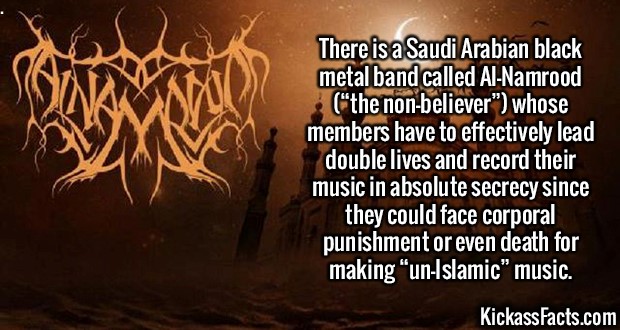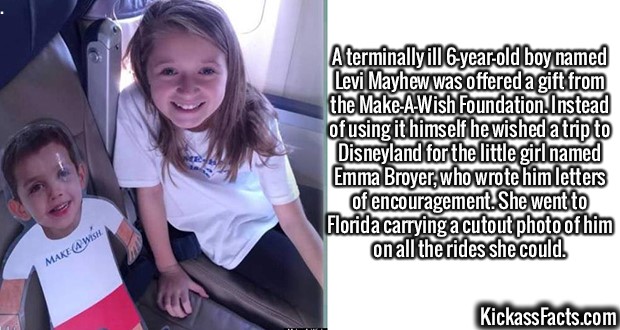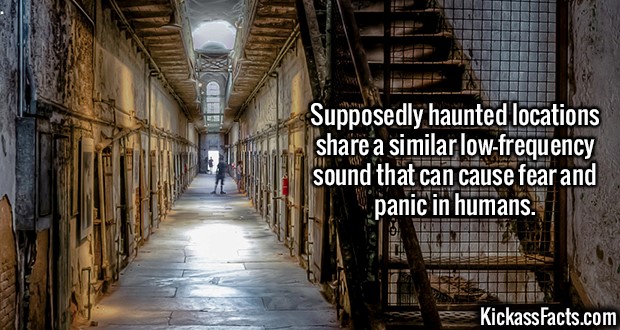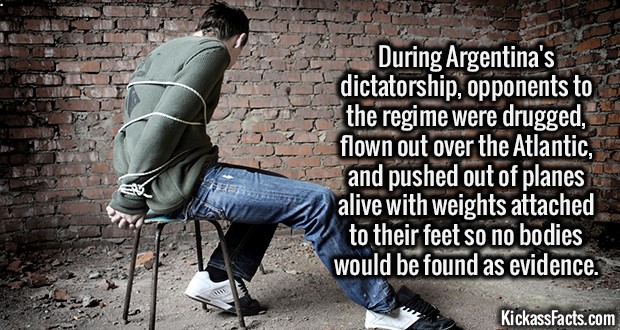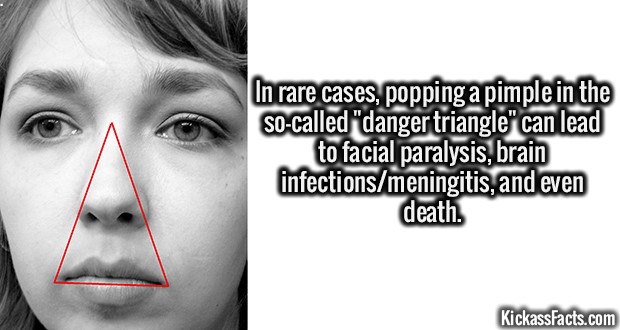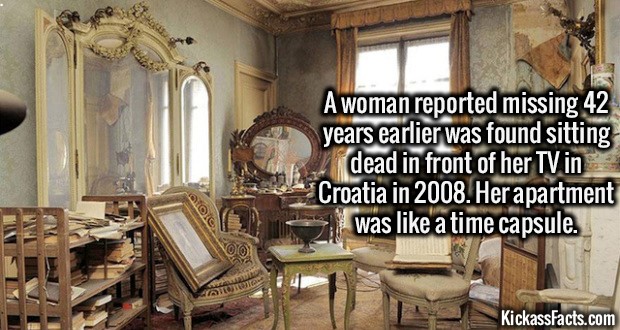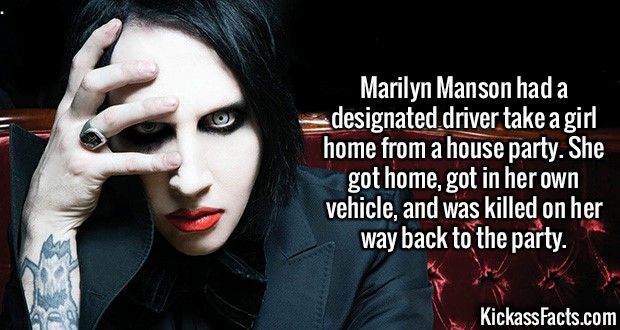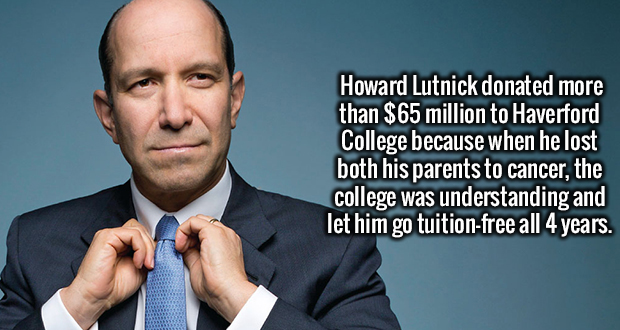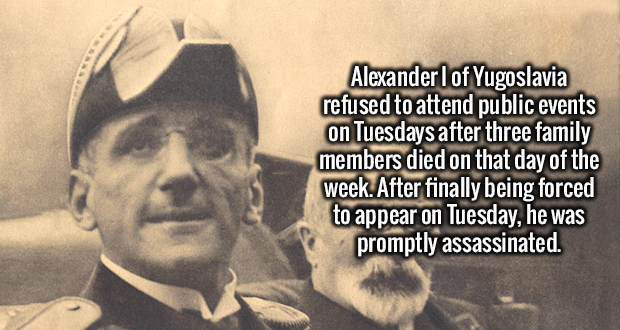Caleb Wilde
(218 comments, 980 posts)
Posts by Caleb Wilde
When Death Hits the Professional
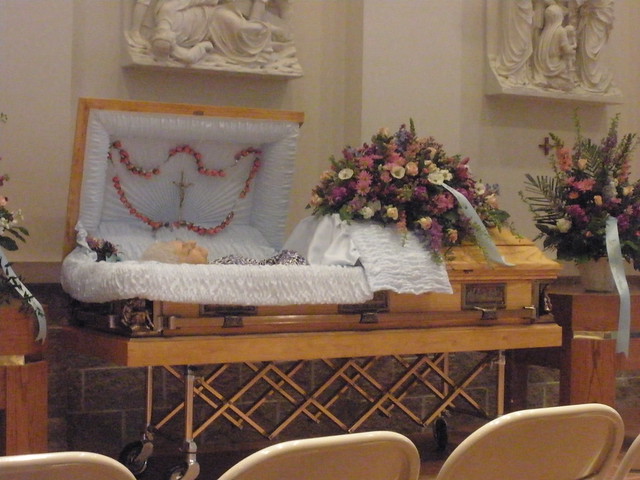
© 2011 Chris Baranski, Flickr | CC-BY | via Wylio
Today’s guest post is written by Pastor Dieter Reda:
Death has been called he great equalizer. Kings and paupers and everyone in between must die. That includes preachers and post mortem health care professionals (a.k.a. Funeral Directors). Not only must we all die eventually, but before that we also must deal with the death of one or more people that we love. And then what do we do? Do we call on another professional to serve us, or do we show how competent we are and do it ourselves?
I once knew a Funeral Director who embalmed his mother. He said it was his way of grieving, and “the last thing I could do for her”. I found that to be creepy, but who am I to judge. As a pastor I have literally “heard it all” and that was part of it.
In January of 2010 I officiated at the funeral of my mother. I know there are two schools of thought about that topic too, so let me explain. My mother was, as most good mothers are, very proud of her son . She was hugely supportive of my decision to enter the ministry, and a tremendous encouragement and support along the way. In fact one of my more difficult pastoral assignments was a church in my home town. Mom and Dad transferred their membership to that small congregation. Their desire to support their son was stronger than the desire to have a great pastor. You see, | was young, and most young professionals (in any profession) know it all. But I digress. In the time that we lived in close proximity, Mom had witnessed several funerals that I conducted, and there were a few others that she and I attended together. She would offer her commentary, which when considered together could be regarded as her final wishes. Whenever she saw a casket that she didn’t like, she would say, “don’t you dare put me in something like that”. So we didn’t. She told me more than once that she did not wish to be cremated. I assured her that we would remember to honour her wishes. And then there was a certain funeral hymn that she heard once too often. “I don’t want that sung at my funeral”. And so we didn’t. However I wasn’t above using the offensive song in a service while she was still alive. I deliberately tried to make eye contact to see which of us would lose our straight face. Her head was buried in her hymnal and i endured a hailstorm at lunch. And then came the day, with the quiet request, spoken only once, “I want you to bury me.” I said that though this is a hard request, I would do my best.
The day of her funeral came. My message was prepared. The service was led by her pastor in the church where she worshipped. The pastoral staff there had helped to plan the service, and I was glad that they were in charge. The parts that we had agreed that I would lead would be a message, as well as leading the graveside service. I know that only God could give me the strength for that difficult task. Surprisingly, someone asked me shortly after the service how I could do such a thing dry-eyed. I assured the person that I had done more than my share of crying before the service, and that there will surely be more to come. Funny isn’t it, how there is always someone who thinks they know how something could be done better?
The other school of thought on this matter is, that if one is a professional like a pastor or funeral director, one should focus on just being a son or whatever, and allow others to do the heavy lifting of the funeral. In other words: grieve, and allow people to serve you rather than having to always serve others others. There is wisdom to that, and I don’t think that I am some kind of exception. We found a way to do both: to honour my mother’s wishes and at the same time allowing her pastors to do the pastoral work. During the funeral I did not sit on the platform with the other clergy, but sat in the pew with my family, and I soaked up everything that the other pastors said and did. While she was dying, I behaved totally like a son, and not a pastor. I had stood or sat at scores of deathbeds and helped people cross the valley of the shadow, but for my mother I couldn’t do it. I am thankful for her pastors who gave her what she needed, and who came to her bedside and gave us what we needed, right after she died.
The bottom line: as professionals we are no less human than anyone else. Losing a loved one hurts, and the fact that you are a professional who deals with death day in and day out will not protect you from that pain. So don’t pretend that it does. If you are a funeral director, you will need a funeral director at that time, and if you are a pastor, you will need a pastor. That doesn’t mean that you can’t be involved with your special gifts and expertise. That can be both therapeutic and honouring to your loved one.
It has been 5 years since Mom has been gone. Not a day goes by that I don’t think of her. Sometimes, without thinking, I reach for the phone to call her, and then reality sets in once again. But looking back on it, I am glad that I did exactly what Mom wanted, both in terms of my own involvement as well as every other aspect of her funeral. My Dad saw how difficult it was, so he told me that he would not be making the request that Mom did. However, I know that I will do for him what I did for her. Now that he is 89 and suffering from cancer, that day is drawing closer, but I know I will find the strength when the time comes.
Dieter Reda has been an ordained Minister for the past 34 years and served various churches in central and western Canada. Since 2003 he is senior pastor at Mission Baptist Church in Hamilton, Ontario (Canada). His blog of pastoral musings on various issues is at www.dieterreda.com and you can follow him on Twitter @Dieterreda.
Death and LGBT Rights: Why It Matters

© 2011 christine.gleason, Flickr | CC-BY | via Wylio
Yesterday I wrote a post about my conversion to being pro LGBT rights. Here’s an excerpt:
Not only were the bereaved LGBT partners denied funeral arrangement rights, they were also denied
social security benefits,
next-of-kin hospital visitation rights,
spousal funeral and bereavement leave,
next-of-kin status for emergency medical decisions,
government death benefits
and inheritance rights.
Today is a good day. Today, love can extend from life to death.
Today, America recognizes that those who love us in life can ALSO be the ones who take care of us in death.
It’s important to note that one of the actual cases that SCOTUS ruled on was this: James Obergefell simply wanted his name listed as “spouse” on his deceased husband’s Ohio death certificate. James wasn’t trying to make a political statement. He had been John Arthur’s partner for 20 years and his husband (he was married in Washington D.C.) for a few months. John died of ALS and the state of Ohio refused to allow James to be listed as his husband. Thus, Obergefell v. Hodges was born — like much of the LGBT movement — out of death.
After I hit publish on my “How Death and Dying Changed My Perspective on LGBT Rights” yesterday, within a few hours I received a message from a reader who wishes to remain anonymous. He wrote,
If you use this, please make it anonymous. I could actually lose my license for this.
When I was a pretty new nurse in the ICU, I took care of a gentleman named Matthew who was dying of a hospital-acquired infection. He had minor surgery at a different facility, and came to us in very critical condition. However, he was well enough to tell us that his partner, John was to make all medical and legal decisions for him. He had not spoken to anyone in his family for about thirty years. They disowned him when he came out as gay.
Matthew signed the appropriate paperwork and later that night he was intubated, sedated, and eventually became extremely unstable.
John never left his bedside. It was obvious that he was very much in love with my patient. Over the next several days, he told me about their life together. When it became obvious that Matthew was not going to get well, John called my patient’s parents. He felt like they would never forgive themselves if they didn’t see him before he died.
His parents walked into the ICU, ordered John out, and began throwing a fit. John eventually said that he would go to the waiting room for a little while, because he was worried that Matthew could hear the anger and hate spewing out of his parents.
His family demanded to see the attending physician, the house supervisor, and eventually the on-call executive for the facility. They wanted John barred from the hospital immediately. The parents argued that they were my patient’s legal next of kin, and that they would sue if the decision making was not granted to them.
The hospital caved.
The nurses did not.
We snuck John into Matthew’s room every time the mother left. He died about 36 hours later.
John did not get to make Matthew’s funeral arrangements. He was not holding Matthew’s hand when he died. His mother sat in a chair across the room, staring at the son she alienated until he finally died, alone. His father never came back to the hospital after he established his dominance over John.
The SCOTUS has made it impossible for the spouse of an LGBT person to be hurt as John was hurt. It is about time.
I am thankful.
This is why LGBT rights matter.
How Death and Dying Changed My Perspective on LGBT Rights
I didn’t grow up in a context where the LGBT community was generally accepted. I suppose that many in my generation (and those before us) experienced a time when they were (or continue to be) either indifferent or against LGBT rights.
Like many people my age, I experienced a conversion of sorts from being anti LGBT rights to being an advocate for them. My “conversion” was gradual and — like the conversion of many heterosexuals — it involved meeting, befriending and loving people who identify as LGBT. Today, I consider some of my best friends to be gay, lesbian and trans.
But, perhaps the largest influence in my conversion was the practical implications that I witnessed as a funeral director surrounding death and dying.
As a principle, I believe that those who love us in life should be the ones who take care of us in death.
In places that lack LGBT rights, that simple principle is denied to committed LGBT couples.
Without a legal recognition of marriage, a gay or lesbian couple doesn’t have the next-of-kin right to make funeral arrangements. That right either falls to the deceased’s children and / or parents. And too often — and I believe this is changing — those parents or children barred the deceased’s partner from any involvement in the funeral. I’ve seen this circumstance play out on a number of occasions. It’s hurtful, it’s difficult and it’s intrinsically wrong.
Again, if you loved and committed yourself to someone in life, that love and commitment and care should extend to death.
Not only were the bereaved LGBT partners denied funeral arrangement rights, they were also denied
social security benefits,
next-of-kin hospital visitation rights,
spousal funeral and bereavement leave,
next-of-kin status for emergency medical decisions,
government death benefits
and inheritance rights.
Today is a good day. Today, love can extend from life to death.
Today, America recognizes that those who love us in life can ALSO be the ones who take care of us in death.
10 Reasons You MUST Have a Funeral
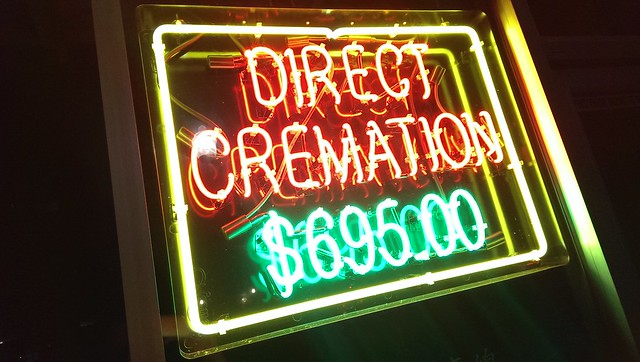
© 2013 Justin Dolske, Flickr | CC-BY-SA | via Wylio
Many people tell me “I don’t want a funeral. Just burn my ass and throw me in the woods.”
But funerals are both much deeper, much more important and much broader than most of us assume. They’re neither “just for the living” nor must they be the traditional viewing, priest, eulogy and funeral director format (although none of these things are bad … especially the funeral director *wink* *wink*). Funerals can be both deeply spiritual events and celebrations mixed with music, poetry and beauty.
Here are 10 things that give funerals both a deep and broad sense of meaning and value:
Individual Celebration / Mourning
The internet/Facebook/TV give us so many amazing stories. And the negative is that they give us so many stories! It’s like a smorgasbord of narratives and it’s easy for the individual to get lost among the celebrities, the pop sensations, the stars and the pro athletes. But it’s the individuals that make our community run and their stories get overshadowed … except at funerals, when we can rope off the smorgasbord, turn down the volume, ignore Kim Kardashian’s latest stunt, turn our cell phones off and celebrate and mourn one life.
Hope infusion
Sigmund Freud stated that you have two choices: accept death or deny death. Freud also believed that religion was often a neurotic attempt to deny the reality of death. And, to some degree he’s right. But, when we look for hope, when we look for transcendence and when we look for immortality in the face of death, it doesn’t always fit into Freud’s binaries … it’s possible to accept death through some form of hopeful transcendent understanding of death.
Whether that hope is in heaven, or in the continuation of the deceased’s family or a more natural (i.e. green burial) type of orientation, or all of the above, it’s important that we find hope through the message of a funeral. Hope is what gives a funeral special meaning that helps us rise from the pits of darkness.
Value Affirmation
Death creates a hole in our lives and our world. It’s like an earthquake that shakes the world we once knew. Funerals are a time when we can reaffirm meaning, love, community, goodness and even humor. They allow us a space to come together and affirm that life is changed, but it still continues on. Funerals are a storytelling practice that keeps the identity of our family alive even when one of our members has died.
Drunk Eulogies
In my many years as a funeral director, there are few things that are more gratifyingly awkward and entertaining than a spontaneous drunk eulogy. Someday I’ll video one of these events, lawyer up and put it on YouTube.
Human dignity
To deny a person a funeral is to deny them an act of dignity.
Tony Walter writes “(funerals) mark that something valuable, a human life, has passed. Whatever else a funeral does or does not do, it must do this.”
This explains why so often impoverished and/or marginalized peoples will spend proportionately exorbitant amounts of money and time on the funerals of family and friends. They have been so devalued in life, that the funeral acts as one final statement of dignity. On the other hand, in a culture like the West — where we sit in social hegemony – we see less need for the dignity of a funeral; thus direct cremation, direct burial, etc..
Public acknowledgement of life and death
We like things to be private. And there’s good reason. Being public with our opinions, our religious values and even our sports teams get’s messy. But if we live in community, we die in community. And funerals give the community a time to come together an grieve, because …
Grief shared is grief diminished
The more we can share our grief, the more we can allow others to reach out to us, the more we allow ourselves to be vulnerable and accept help and love, the healthier we can walk through our bereavement.
Transition
On a psychological level, funerals and disposition (especially when the body is present), help us to see and accept death. Without a funeral that acknowledges the death of our loved ones, the dead can too easily become psychological ghosts. Funerals transition the deceased from alive to dead, and help us on the path to accepting the death of a loved one.
Ritual
The walls of bereavement are very intimidating to even the spiritually and psychologically strong. It doesn’t matter how strong you are, you will fall and you will fail.
Unless you enter through the trodden paths of ritual.
The muscle memory of grief is ritual. Like the masterful pianist who makes impossible tasks seem natural, so ritual allows us to take the incredibly difficult task of mourning and gives us a way to persevere, even when it seems we shouldn’t.
Free food from post funeral luncheon
Aunt Eunice’s special potato salad. Uncle Bob’s homemade mead. Grandma’s collard greens. Good Lord. Pass the baked beans.
